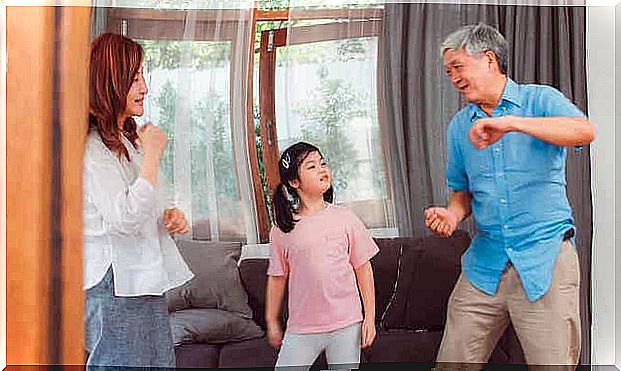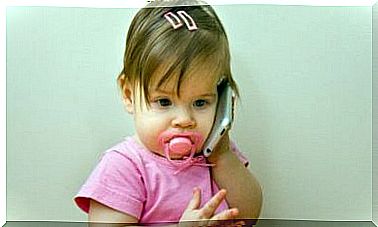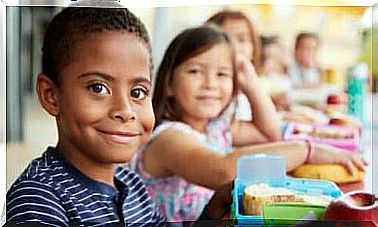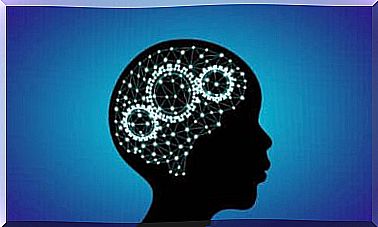The Holistic Development Of A Child In The Early Years

Holistic development is key to early childhood learning. And as their children’s primary educators, parents can put them on an early learning path to success. Therefore, they need to know what a child’s holistic development looks like in the early years to encourage their development appropriately.
How to promote a holistic development in the early years?
Holistic development takes into account the whole child and its environment. If parents and educators are aware of this philosophy, they may find it easy to adopt the holistic approach to raising their children.
Therefore, the holistic approach to education from the early years revolves around a balance between home, the environment and the growing child.

The main development areas
Following are the five key elements or areas of development that are the main focuses of holistic development:
- Personal and physical growth: everything about the child and how it grows and learns.
- Social Skills: How the child interacts and communicates with others in their world.
- Emotional understanding: how little ones learn to cope with hardship and adversity.
- Intellectual, cognitive, creative development and acquisition of learning skills.
- Environmental Values: Children value and care for the world they live in.
How can you support your child’s holistic development?
The following tips will help you create a holistic approach to parenting your child. The first years are vital and lay the foundation for an integrated, healthy and happy lifestyle. In this regard, it is therefore very important that parents know how to act.
Personal and physical growth
- Understand the physical milestones your child will experience.
- Have a thorough understanding of how motor skills are based on different aspects of movement, depending on your child’s age or stage of development.
- Engage with gross motor skills or large movements and help your child discover ways to climb, jump, balance and run.
- Take the time to experience fine motor skills or small actions such as holding a pencil, playing with dough, playing with sand, etc.
Social and Emotional Skills in Holistic Development
- Develop social skills by connecting your child with other children and adults.
- Practice actions such as sharing, waiting for turns, eating together, or going on a trip.
- Apply emotional understanding.
- Build the awareness of others through books and stories.
- Teach empathy at home and in the community.
- Share experiences and talk about the consequences of circumstances.
- Be aware of your child’s emotional needs.
Intellectual development
The development of children’s cognitive skills is accompanied by exposure to play. Play to learn is a very real concept to focus on in the early years. Children are constantly learning at home during free play. They learn to imitate and make judgments while playing different games.
Active participation is by far the best form of education. Reading to your child also contributes to the dynamics of cognitive development. It arouses interest in many different topics and builds vocabulary.
Environmental values in holistic development
- In the early years, as the child becomes more aware of his background, parents can contribute to their little one’s development in this area.
- The child’s environment begins in the comfort of their own home and then branches off into the real world.
- There are so many different aspects of the environment that lend themselves to connecting the child with the world in which they live.
Creating an environment for holistic development
Aspects of holistic education are not developed individually. When creating a realistic holistic environment, it is important to incorporate many of the individual aspects into the activities you plan.
So, being aware of the components of holistic development makes it easier for parents to implement the general benefits of this concept.

Holistic Activity Planning
When you plan activities with a holistic education in mind, you are incorporating the five fundamentals behind the holistic education of children. This may seem challenging at first, but in reality many activities naturally encompass these principles.
For example, consider a family picnic. This outing isn’t just about outdoor picnics. On the contrary, a family picnic offers plenty of opportunities to involve social and emotional development in its organization and help prepare it.
First of all, the games at the picnic contribute to intellectual and gross motor skills. At the same time, it makes for a day of family interaction, which is a great social-emotional activity. Plus, there’s time to connect with the outdoors and show respect for the environment by not littering. Therefore, as you can see, this activity fulfills all the requirements for organizing a holistic educational experience.
Activities that are not holistic
On the other hand, restrictive or sedentary activities do not allow holistic development. In general, children should have the freedom to actively participate in their environment. Only then can they develop their fine and gross motor skills, which is a necessity.
Thus, holistic educators or parents are aware of the need for individuals to develop cognitively, socially and emotionally. Therefore, activities that are not interactive often deviate from the holistic approach to early childhood development.









